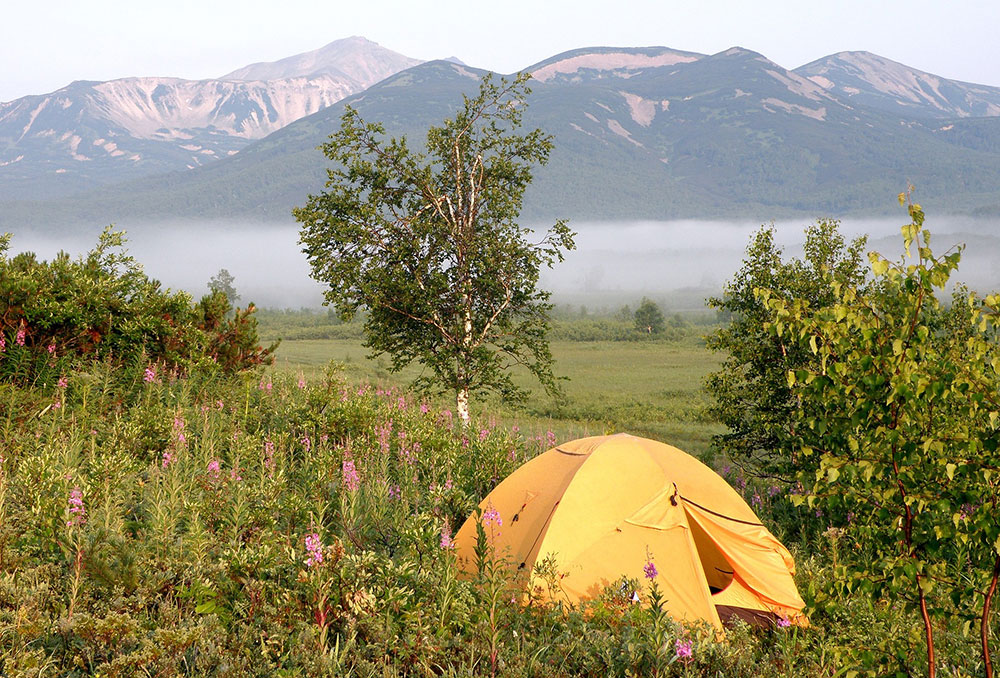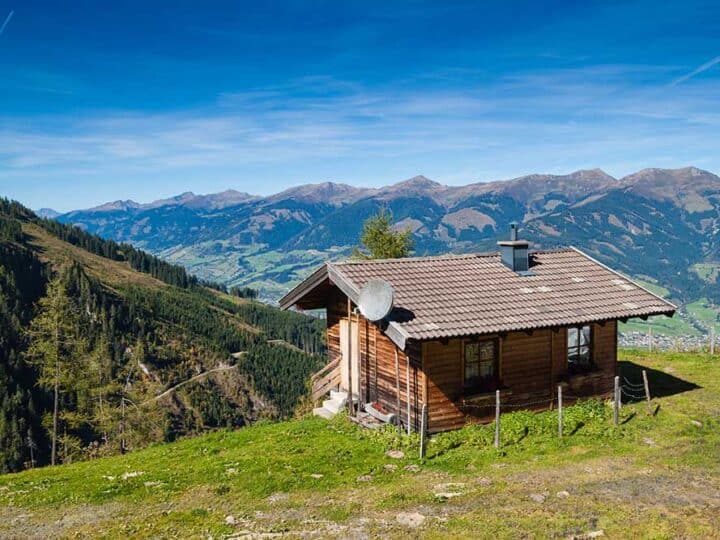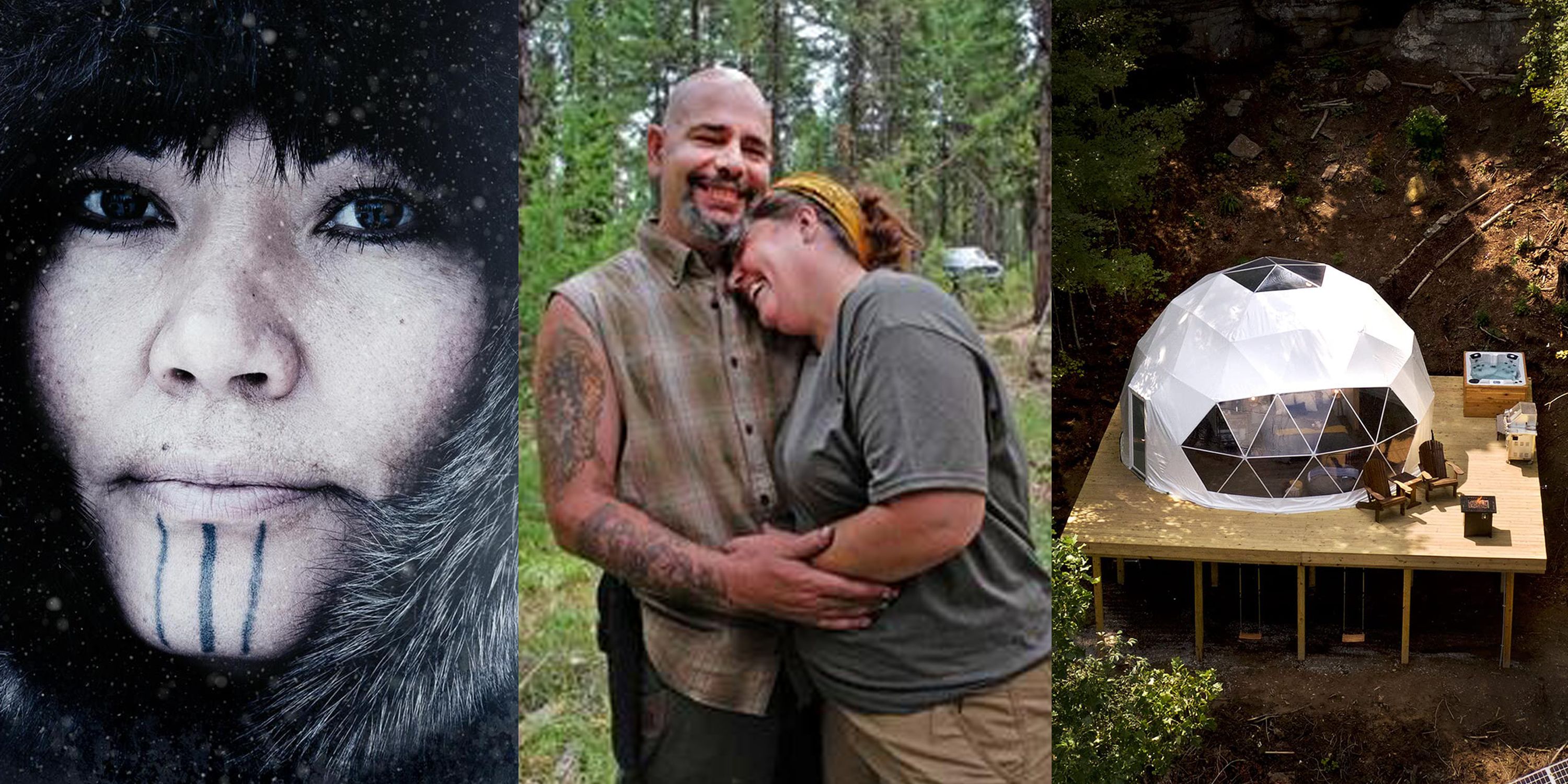Is living off grid illegal – In the pursuit of self-sufficiency and a simpler life, many consider living off the grid. However, the legality of such a lifestyle varies greatly depending on location, raising questions about regulations, permits, and the potential consequences of going off-grid.
This comprehensive guide explores the legal landscape surrounding off-grid living, examining zoning laws, building codes, utility access, health and safety considerations, and the environmental impact of such a lifestyle. Whether you’re considering a move off-grid or simply curious about the legalities involved, this article provides valuable insights and essential information.
Legality of Off-Grid Living
The legality of off-grid living varies widely depending on the region and local regulations. In some areas, it is legal to live off-grid with little or no restrictions, while in others, it is strictly prohibited.
Generally, off-grid living is legal in rural areas with low population densities and limited access to public utilities. However, there may be specific regulations regarding building codes, septic systems, and water sources that must be followed.
Permits and Regulations
In many areas, permits are required for off-grid living, such as building permits for constructing a home and permits for installing septic systems and water wells. It is essential to research local regulations and obtain the necessary permits before beginning any construction or installation.
Examples of Legal and Illegal Off-Grid Living
- Legal:In the United States, off-grid living is legal in many rural areas, such as Alaska, Montana, and Wyoming.
- Illegal:In some European countries, such as the United Kingdom and Germany, off-grid living is generally prohibited or heavily regulated.
Zoning and Building Codes

Zoning laws are regulations that determine how land can be used in a specific area. These laws can have a significant impact on off-grid living, as they may restrict the types of structures that can be built and the activities that can be conducted on the land.For example, some zoning laws may prohibit the construction of off-grid homes or require that they be built to specific standards.
Others may restrict the use of land for agricultural purposes or the installation of renewable energy systems.Building codes are another set of regulations that can impact off-grid living. These codes establish minimum standards for the construction of buildings, including the materials that can be used, the structural requirements, and the safety features that must be included.Off-grid structures may need to meet the same building codes as traditional homes, which can be challenging and expensive.
In some cases, it may be necessary to obtain a variance from the local building department in order to build an off-grid structure that does not meet the code requirements.
Obtaining Permits for Off-Grid Construction
In most cases, it is necessary to obtain a building permit before constructing an off-grid home. The process for obtaining a building permit can be complex and time-consuming, and it is important to start the process early on in the planning stages of your project.The requirements for obtaining a building permit will vary depending on the local jurisdiction.
However, in general, you will need to submit plans for your proposed structure, as well as proof that you have the necessary permits and approvals from other agencies, such as the health department and the environmental protection agency.The process of obtaining a building permit can be challenging, but it is important to remember that it is a necessary step in ensuring that your off-grid home is safe and habitable.
Utility Access and Regulations
Off-grid living presents unique challenges in terms of utility access and regulations. Understanding the availability and limitations of utilities, as well as the regulations governing alternative energy sources, is crucial for those considering this lifestyle.
Electricity
In off-grid areas, electricity is often not readily available through traditional power lines. Residents must rely on alternative energy sources such as solar panels, wind turbines, or generators. The availability and reliability of these sources can vary depending on factors such as geographic location, climate, and the size of the system required.Regulations governing the use of alternative energy sources vary by jurisdiction.
Some areas may have strict building codes or zoning restrictions that limit the installation of solar panels or wind turbines. It is important to research local regulations thoroughly before investing in off-grid electricity systems.
Water, Is living off grid illegal
Water is essential for life, and access to clean, safe water is a primary concern for off-grid living. Options for obtaining water include rainwater harvesting, well drilling, or hauling water from a nearby source. The availability and quality of water can vary greatly depending on the location and season.Regulations governing water use and conservation can also vary by jurisdiction.
Some areas may have restrictions on rainwater harvesting or well drilling. It is important to understand local water regulations and obtain any necessary permits before establishing a water source.
Sewer
Off-grid living often requires alternative solutions for wastewater disposal. Options include septic tanks, composting toilets, or outhouses. The choice of system depends on factors such as soil conditions, space availability, and environmental regulations.Regulations governing wastewater disposal vary by jurisdiction. Some areas may have specific requirements for the installation and maintenance of septic tanks or composting toilets.
It is important to research local regulations and obtain any necessary permits before installing a wastewater disposal system.
Costs and Challenges
Establishing off-grid utility systems can involve significant costs and challenges. The cost of solar panels, wind turbines, or generators can vary widely depending on the size and capacity of the system required. Other costs to consider include batteries for energy storage, wiring, and installation.Challenges associated with off-grid utility systems include maintaining the equipment, ensuring reliability, and dealing with potential power outages.
Off-grid residents must be prepared to troubleshoot and repair their systems as needed.
Health and Safety Considerations: Is Living Off Grid Illegal

Off-grid living presents potential health and safety risks that must be carefully considered and addressed. These risks include:
- Limited access to healthcare and emergency services
- Increased exposure to environmental hazards
- Risks associated with self-sufficiency, such as food preservation and water purification
Mitigating Health and Safety Risks
To mitigate these risks, off-grid dwellers should:
- Establish a comprehensive emergency plan
- Invest in safety equipment and training
- Maintain a well-stocked first aid kit
- Learn basic medical skills
- Establish relationships with healthcare providers in nearby communities
Access to Healthcare and Emergency Services
Access to healthcare and emergency services can be a challenge for off-grid communities. However, there are steps that can be taken to improve access, such as:
- Establishing telemedicine services
- Training community members in first aid and CPR
- Developing partnerships with local healthcare providers
- Creating a network of off-grid communities for mutual support
Environmental Impact
Off-grid living can have a significant impact on the environment, both positive and negative. On the one hand, it can reduce reliance on fossil fuels and promote the use of renewable energy sources. On the other hand, it can also lead to increased waste production and pollution if not managed responsibly.
Benefits of Off-Grid Living for the Environment
- Reduced reliance on fossil fuels:Off-grid homes typically rely on renewable energy sources such as solar and wind power, which do not produce greenhouse gases. This can help to reduce air pollution and climate change.
- Increased use of renewable energy sources:Off-grid living can promote the use of renewable energy sources such as solar and wind power, which are clean and sustainable.
- Reduced waste production:Off-grid homes often have to be more efficient with their resources, which can lead to reduced waste production.
Challenges of Off-Grid Living for the Environment
- Increased waste production:Off-grid homes often have to rely on generators for backup power, which can produce air pollution. Additionally, off-grid homes often have to store their own waste, which can be a challenge if not managed properly.
- Pollution:Off-grid homes can also be a source of pollution if not managed properly. For example, if wastewater is not treated properly, it can contaminate groundwater and surface water.
- Deforestation:Off-grid homes often require more land than grid-connected homes, which can lead to deforestation.
Responsible Waste Management in Off-Grid Environments
It is important to manage waste responsibly in off-grid environments. This can include composting food scraps, recycling materials, and properly disposing of hazardous waste. By following these tips, you can help to reduce the environmental impact of off-grid living.
Last Point

Living off the grid can be a rewarding experience, offering freedom, self-reliance, and a connection to nature. However, it’s crucial to approach this lifestyle with a thorough understanding of the legal implications and practical challenges involved. By carefully navigating zoning regulations, obtaining necessary permits, and ensuring access to essential utilities and services, you can create a sustainable and fulfilling off-grid existence.
FAQ Summary
Is it legal to live off the grid in all areas?
The legality of off-grid living varies by region. Some areas have specific regulations or zoning laws that restrict or prohibit off-grid living, while others have more lenient policies.
What are the most common challenges associated with living off the grid?
Access to utilities (electricity, water, sewer), obtaining building permits, and compliance with zoning regulations are among the most common challenges faced by those living off the grid.
What are the potential health and safety risks of living off the grid?
Living off the grid can pose potential health and safety risks, such as limited access to healthcare, challenges in waste management, and the need for self-reliance in emergency situations.

